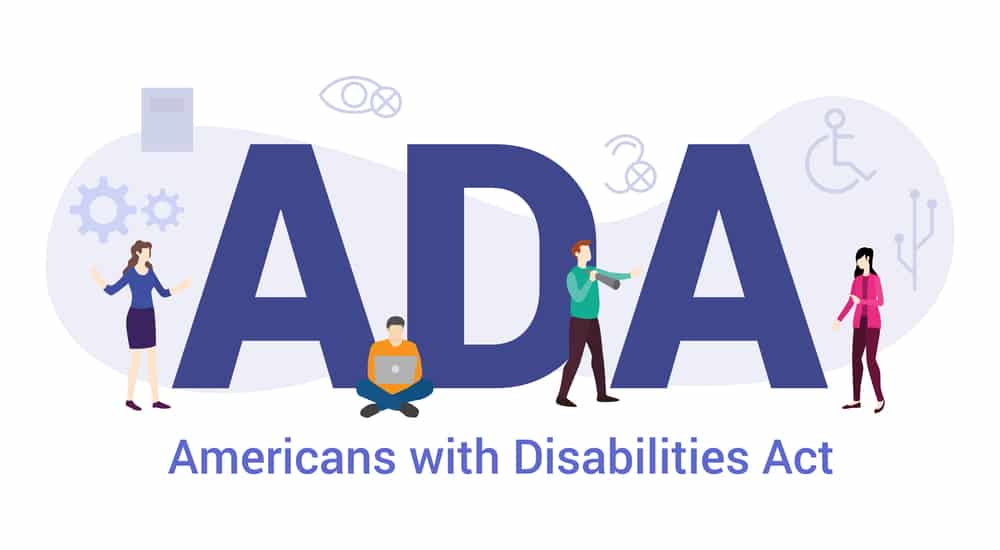Food can be a big part of your business. But, whether you’re selling food items to grocery stores, restaurants, or individuals looking for a quick meal, many legal ramifications come with the territory.
1. Allergens
It’s essential to understand which allergens may have been used in the production process and what those allergenic ingredients might be so you can put warnings on packages and labels.
2. Packaging and Labelling
Packages need to state what is inside and any potential allergens. The ingredients list and any potential allergens need to be clear and concise. Your food must be labeled properly and disclose whether it is made in a foreign country.
3. Prices
Pricing has specific rules because pricing affects competition amongst businesses and impacts consumers’ ability to afford food products legally sold in their area.
Fair pricing is a term used to describe how prices are set in a way that doesn’t violate antitrust laws (i.e., price-fixing, market allocation, and monopolization). To be considered “fair,” the price must meet three criteria: it must cover the cost of production, allow for a reasonable profit, and not be below the cost of production.
Additionally, suppose you set prices differently for different purchasers (i.e., retailers vs. consumers). In that case, it must be based on legitimate business reasons- like volume discounts or credit terms- and not an attempt to limit competition.
Minimum resale price maintenance is a rule that forbids manufacturers from setting prices for their retailers. Retailers are free to select whatever prices they choose; however, this doesn’t impact the ability of a manufacturer to establish wholesale pricing, which might include fees for services rendered (like transportation costs).
Wholesale price is what you sell your product to distributors or retailers, and it must be fair market value.
Price discrimination is when a business charges different prices for the same good or service, depending on the buyer. This is allowed as long as it’s based on legitimate business reasons and not an attempt to limit competition.
There are two types of price discrimination: perfect price discrimination and imperfect price discrimination. Excellent price discrimination occurs when a business charges every consumer the maximum price they will pay. Impaired price discrimination charges different prices to different consumers for an item, but those prices aren’t always at the highest amount each consumer is willing to pay.
4. Taxation
Food products are often taxed differently than other goods. For example, in the United States, most food items that are not considered “luxury” items (like caviar) are exempt from federal taxes. However, state and local taxes on food may vary depending on where you live.
5. Health and Safety
The Food and Drug Administration (FDA) ensures that all food products are safe for human consumption. They have a variety of guidelines and regulations surrounding the production, distribution, and sale of food items.
6. Liability
If someone gets sick from eating your food, you could be liable. This is known as product liability, and it’s a type of tort law that has producers, distributors, and retailers responsible for any injuries or illnesses their products cause.
7. Intellectual Property
Intellectual property rights can protect food products, like trademarks, copyrights, and patents. If you come up with a new recipe or unique packaging design, you may want to consider protecting it with one of these forms of intellectual property.



